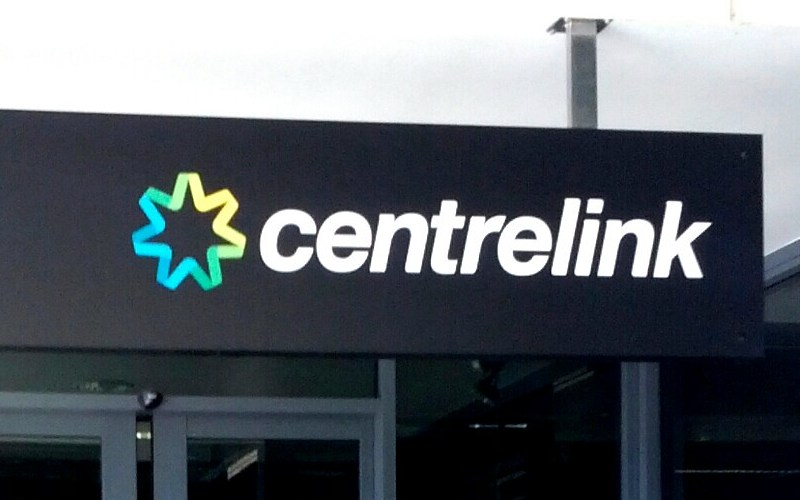As the Morrison Government's mammoth JobKeeper wage subsidy gets pushed through parliament today, Chartered Accountants Australia and New Zealand (CA ANZ) says businesses should think before rushing their application.
“It’s so important not to blindly go after the money without some evidence of the economic impact of COVID-19 on business turnover,” said CA ANZ's Australian Tax Leader Michael Croker.
“Employers should get ready and get set before they go."
The $130 billion wage subsidy is intended to support millions of Australians whose jobs are at risk because of the coronavirus pandemic.
Under the plan, businesses who have been substantially impacted by the coronavirus can claim the fortnightly wage subsidy to help pay employee's wages for at least six months.
Employers that are eligible to receive the $1,500 fortnightly payments include:
- Businesses with a turnover of less than $1 billion that have a reduction in revenue of 30% or more since March 1
- Businesses with a turnover of $1 billion or more that have a reduction in revenue of 50% or more since March 1
Businesses that are subject to the major bank levy - ANZ, Commonwealth, NAB, Macquarie and Westpac - are excluded.
Want to earn a fixed interest rate on your cash? The table below features term deposits with some of the highest interest rates on the market for a six-month term.
Once the bill has passed, the Australian Taxation Office (ATO) will publish more details about the wage subsidy, such as the eligibility criteria, how to apply, how it is paid (instalments or as a lump sum), the payment timetable and applicable conditions.
“The JobKeeper package has vested important and extensive powers in the Commissioner of Taxation, effectively turning the ATO into a giver, rather than a taker,” Mr Croker said.
He said this means the ATO can go after businesses who apply for the scheme who aren't actually eligible to receive it.
“The legislation has claw-back rules empowering the ATO to recover overpaid amounts and target those who weren’t entitled to payments received, plus interest," Mr Croker said.
According to draft legislation, pre-payment record keeping requirements must be kept by applicants for five years unless excused by the Commissioner and outlines ongoing record-keeping obligations after the JobKeeper payment has been received.
“Business cashflow planning is also essential. Cash goes out the door before JobKeeper payments come in. The sad reality is JobKeeper will not be enough to save every business.”
Mr Croker also warned employers to be careful who they receive advice from.
“Inevitably there’ll be shonks touting contrived schemes designed to exploit JobKeeper. However the legislation empowers the Commissioner to call out ‘any change in the financial position of any entity’ as part of a scheme designed to improperly pocket JobKeeper cash and the ATO has extensive payback powers.
“Employees will be the ATO’s eyes and ears. Changes to the Fair Work Act impose a ‘flow-through’ obligation so that JobKeeper money flows from employer to employee.
"The ATO dob-in hotline will be busy where employers do the wrong thing.”
Employers need to be ready to explain the wage subsidy to employees
Mr Croker said employers need to prepare themselves to be bombarded with questions from their staff, and should develop a JobKeeper employee response plan to help their staff understand the wage subsidy.
“Employees will have so many questions for the boss, ranging far beyond the simple ‘how much do I get and when do I get it’? he said.
“In some situations, employers will need to deliver bad news to those excluded from JobKeeper. Employees who’ve already been stood down may now ask their former boss about the possibility of re-hiring arrangements.
“Eligible employees will want to know how their employment arrangements will be changed: their hours, adjusted salary and entitlements."
Mr Croker said that depending on the business' circumstances, ‘JobKeeper enabling stand down’ arrangements and ‘JobKeeper enabling directions’ may need to be designed and communicated to employees.
“To cope with all these questions, accountants and employers will need to develop a working understanding of the temporary changes which the legislation makes to the Fair Work Act," he said.







 Bea Garcia
Bea Garcia
 Bernadette Lunas
Bernadette Lunas
 Harry O'Sullivan
Harry O'Sullivan
 Harrison Astbury
Harrison Astbury
 Emma Duffy
Emma Duffy